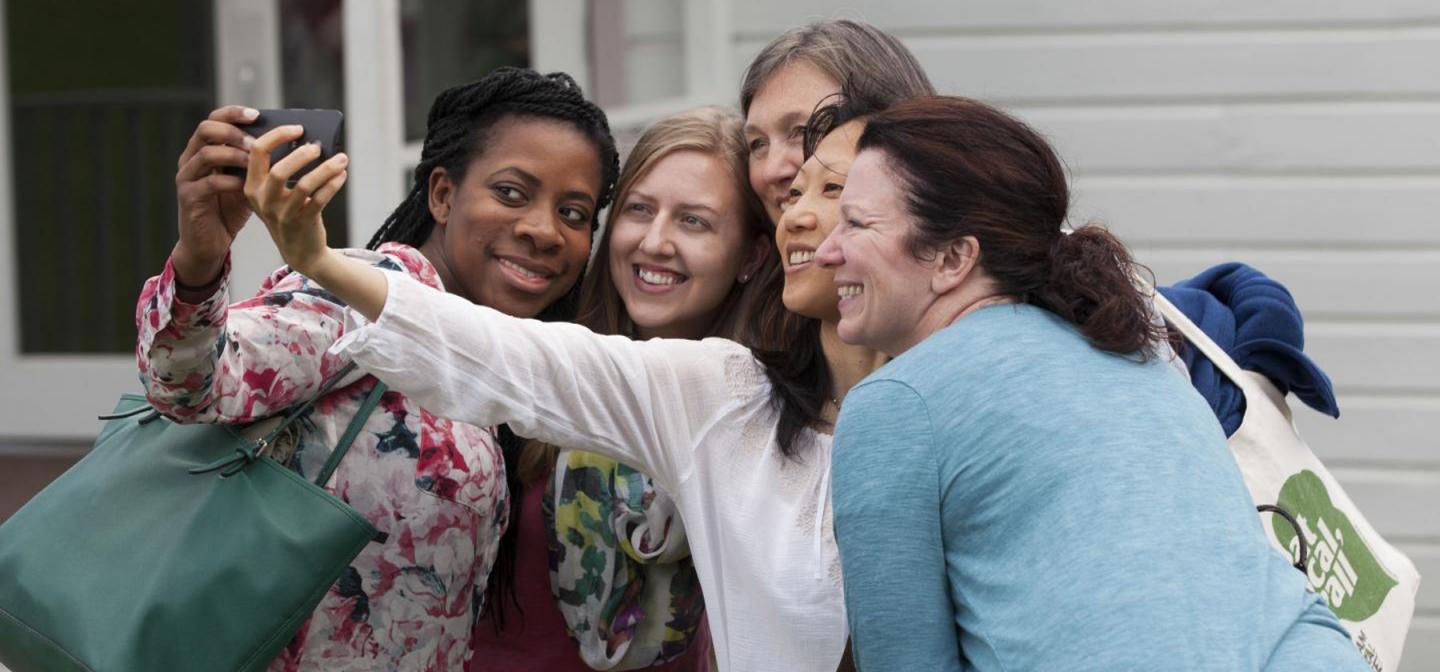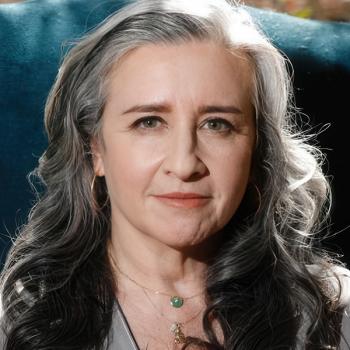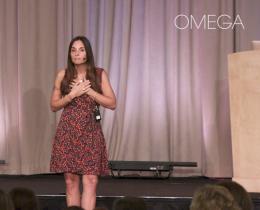It’s part of a broader transition that includes perimenopause (the years leading up to menopause) and postmenopause (the rest of your life). Symptoms vary by individual and culture, influenced by physiological, social, and environmental factors. As our ovaries age, the number and quality of eggs present at birth (our entire lifetime supply) decline and the hormonal conversation that is ongoing between brain, ovaries, and various other organs changes, resulting in massive shifts in our bodily experience and our health.
Breaking the Silence: Why Women Feel Unsupported
Omega: Why is it that women often don’t feel supported during these stages of perimenopause and menopause?
Dr. Suzanne: There is widespread shame, stigma, and lack of education around menopause—fueled by misogyny and ageism.
To age in a female body is considered unwelcome and to admit it feels dangerous. We would never let kids go through puberty without education, support, books, and conversation, yet we expect women to go through menopause in silence.
Medical systems often don’t prioritize menopause care because it is time-consuming and poorly reimbursed and medical training in this life stage is lacking. It’s not the fault of individual doctors, but rather a systemic failure. Socially, women are often sidelined as they age, which is not only counterintuitive but deeply harmful—society loses access to their wisdom, creativity, and love.
Most Common Menopause Questions from Women
Omega: What is the most common question you get from women today?
Dr. Suzanne: The most common questions center around confusion: “What is happening to me?” and “What can I do about it?” Women often don’t know where to start, what is normal, or what options exist. They are bombarded by misinformation and pressured by fear-based marketing. Many feel overwhelmed and unsupported in making informed decisions about their health.
Omega: What type of solutions—both ancient and modern—do you offer women in Menopause Bootcamp?
Dr. Suzanne: Menopause Boot Camp offers a holistic approach to menopause that includes:
- Education: On terminology, symptoms, and evidence-based treatments (both standard and alternative)
- Movement: A workout with a trainer focused on agility, strength, and flexibility to support bone, brain, heart, and mental health
- Mind-body tools: Meditation, breathwork, storytelling, journaling, and reflection
- Lifestyle integration: Restoration of sleep, play, and creativity; emotional processing through community and vulnerability
- Guidance: Support in making autonomous, informed decisions about hormone therapy and other approaches, without prescribing or pathologizing
How to Support Women Through Menopause
Omega: How can we help men, and other family members, understand what women in this stage of life are going through?
Dr. Suzanne: Awareness and education are key. Start by sharing the basic facts, terminology, physical and emotional experience of menopause—because many don’t even know what it is or how it impacts those they love.
Encourage open conversation and visibility. Just as we support kids through puberty, we need to support women through menopause. Importantly, each experience is unique and culturally nuanced, so listening without judgment is vital. Bringing community-based education into families and local spaces—rather than relying solely on top-down expert models—creates more effective, empathetic understanding and ultimately more supportive environments.




